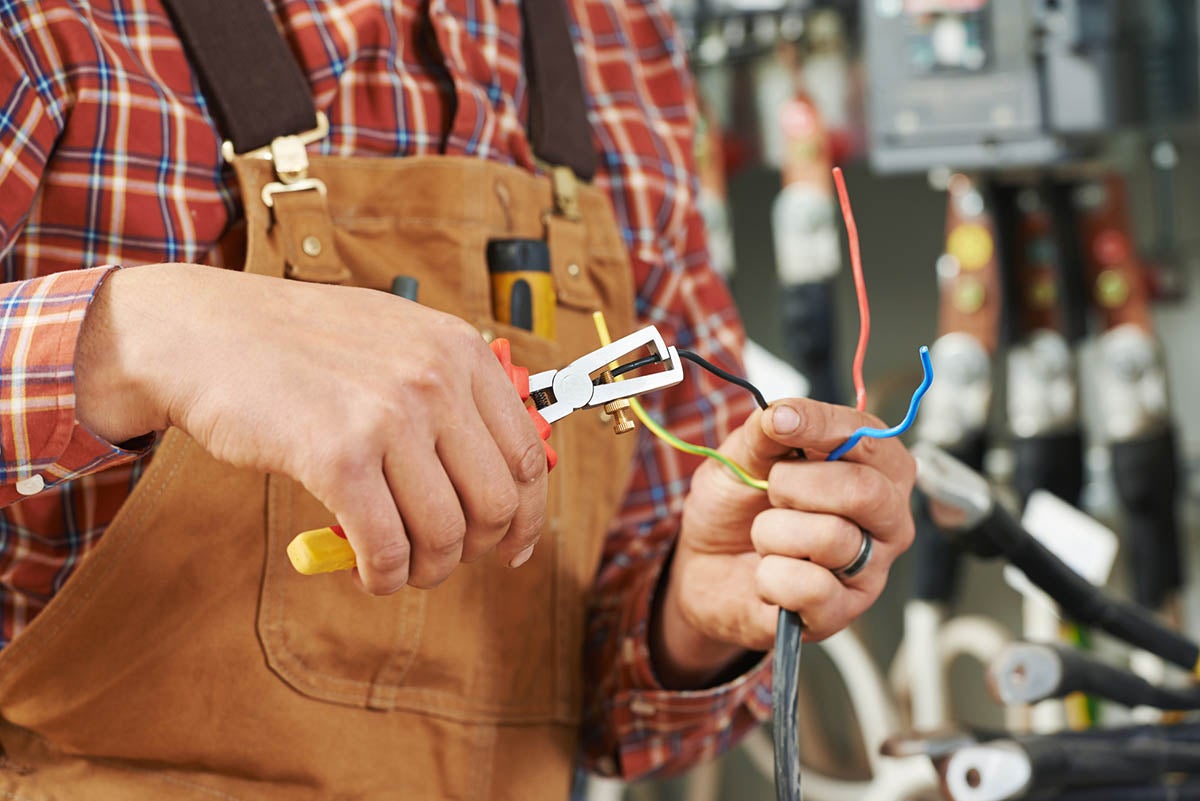
From time-to-time we all need to use the services of an electrician. Very often it can be an emergency situation and we have to move at speed in order to get issues sorted, particularly in the event of, say, a failure of the lighting system or a major household appliance fails. In such circumstances, we may end up paying over the odds for service, choosing the wrong contractor to do the job, or not getting the level of service that is required!
That is why it makes perfect sense to have a local electrician ready to hand – one that you know is qualified, trusted and able to carry out the required tasks in an orderly timely fashion and at the right price.
How to Choose a Local Electrician
Here are some important points to consider:
- Licencing. Each state has it’s own criteria and requirements in respect of licencing. So, best to check your area’s rules when hiring or signing up for service. A licenced electrician will have formal education, training (on the job) and will have undergone an apprenticeship prior to trading in their own right. Ask for evidence of licencing and DO check it out with the relevant authority.
- Make a list of likely electrical work that may be needed in your circumstances. You can then check that the electrician has the relevant expertise in those areas.
- Costs and Response Times. Be sure to ask about hourly rates and ascertain if there is a call out charge. Also do be sure that an emergency response is possible and on what terms (higher rates? Call out response time?).
- Location. Be sure that an electrician near you is within an acceptable radius of your home or premises, so that they are more likely to be able to attend easily and quickly to your requirements.
- Insurance. This is very important just in case anything goes wrong. Personal Liability Insurance is what you would expect them to have. Ask to see it and check that they are covered.
- Reviews and Recommendations. A good electrical contractor will have positive reviews on the likes of Trust Pilot or a similar independent organisation. Be wary of reviews posted on the contractor’s own web site; these can easily be and, often are, fabricated and would not include any bad reviews! Personal recommendations can be helpful but do near in mind that they usually relate to specific work and are often not “all embracing”!
- Project Management. In the event of a large project such as replacing lighting fittings throughout a premises, you should look to get written estimates and a breakdown of costs. You may wish to consider buying some of the fittings yourself as this may work out cheaper.
- Make a short list of potential candidates and compare them in terms of cost, service, ability, response times, etc.
By following these simple guidelines, I am sure that you will be able to narrow down your list of preferred suppliers and tie down a deal with one that fully meets your needs.